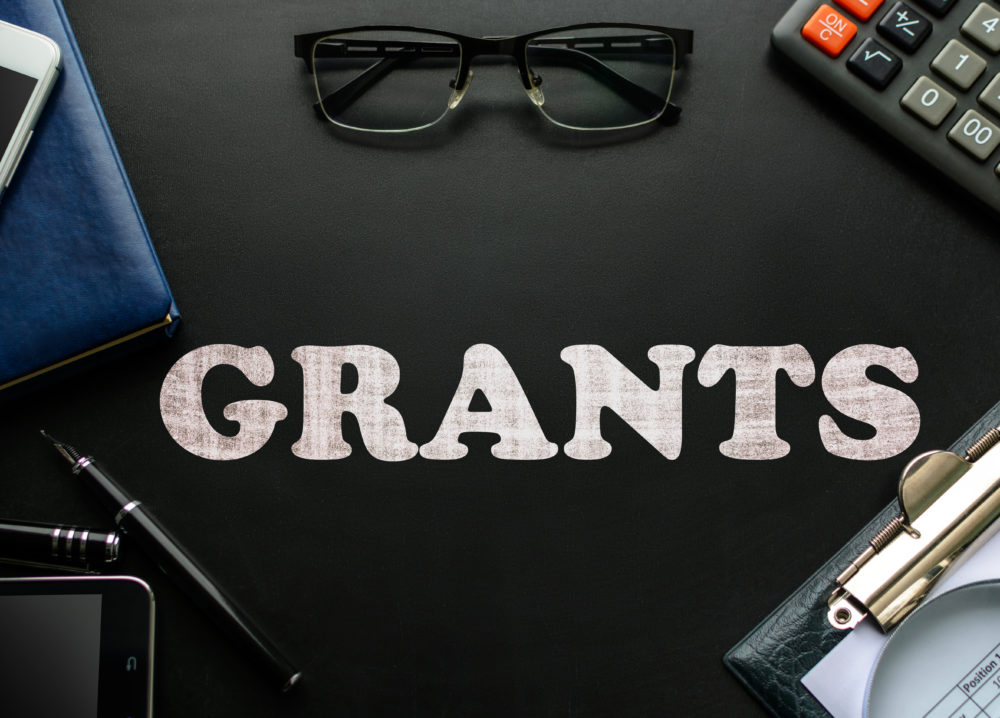Rishi Sunak has announced that the third self-employed income support grant covering November to January will increase to 80 per cent of profits.
The next self-employed grant will be capped at £7,500 per person, based on average trading profits.
The online service for the next self-employed grant will be available from November 30 through the GOV.UK website.
>See also: Self-employed Income Support Scheme (SEISS) to be doubled for November
The self-employed grant is taxable income and also subject to National Insurance contributions.
The government has already announced there will be a fourth grant covering February to April 2021, the level of which has yet to be announced.
Universal Credit U-turn
The government has also extended the suspension of the Minimum Income Floor, a rule within the universal credit system which capped payments to self-employed workers to the equivalent of what you’re given if you are working full-time on minimum wage but still claiming.
The Treasury said that the cost of support for the self-employed would be up to £7.3bn, £2.8bn of which was new money announced for the third self-employed grant.
Who’s still excluded from the self-employed grant
However, swathes of the self-employed – calculated to be 690,000 people – are still excluded from support, either because they are newly self-employed, or they are company directors, or they more than £50,000 through self-employment, and people who earned less than half their income being self-employed.
Derek Cribb, chief executive of the Association of Independent Professionals and the Self-Employed (IPSE), told the Financial Times there were still “devastating gaps” in SEISS.
Cribb said: “Now, those limited company directors and other excluded self-employed who made it through on their savings face financial calamity if they do not get support in this second lockdown.”
For example, the Institute for Fiscal Studies estimated that one in five people for whom self-employment made up at least half their income were excluded from the Self-Employed Income Support Scheme (SEISS).
That rose to 38 per cent for those with some form of self-employed income but less than half.
Paul Johnson, head of the Institute for Fiscal Studies, told the Times: “We know that the self-employment scheme has overcompensated many while leaving others completely uncompensated. To continue with a scheme like that, which was dreamt up at speed, with no serious attempt to address its flaws is quite surprising.”
The Institute of Directors called on the Treasury to support directors of small companies through local authority grants.
Tom Waters, a senior research economist at the IFS, told the Financial Times that although it would be difficult to bail out all self-employed people “the ineligibility of others — those who get less than half their income from self-employment, or who have profits over £50,000 — is a specific policy choice”.






